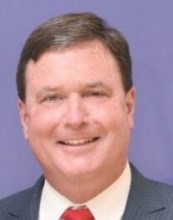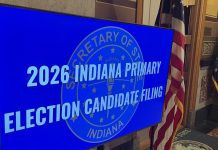Attorney General Todd Rokita provides guidance to religious leaders and churches on how to participate in the election season
SEPTEMBER 16, 2024
In the midst of the election season, Attorney General Todd Rokita announced today that his office has offered guidance to religious leaders and churches in Indiana about how they can legally participate in activities available to all Americans.
“Since its founding, churches have played a vital and indispensable role in our nation’s political and civic life,” Attorney General Rokita said. “There is no federal law that precludes religious leaders from speaking about voter education in a non-partisan way or for the organizations they lead to host or conduct related activities.”
In the guidance letter, Attorney General Rokita states that churches are protected by the First Amendment in various ways and are not shut out from participating in the electoral process. Non-partisan voter education and registration efforts, inviting candidates to speak before their congregations, and taking a stand on public policy issues that matter to the church and its members are all activities they can engage in without losing its tax-exempt status.
However, Attorney General Rokita also states that nonprofits, including churches, must not participate or intervene in any particular political campaign, which includes publishing or distributing statements on behalf of or in opposition to any candidate for public office.
“Religious leaders can and should consider playing a role in contributing to our democratic process,” Attorney General Rokita said. “It’s the rock on which our Republic is built. I want to make sure they understand what kinds of election-related conduct is and isn’t legal, so they can lead with confidence and so churches as a whole can be more effective for the communities they serve.
Attorney General Rokita’s office oversees consumer complaints against nonprofits and entities across the state. Hoosiers can file consumer complaints here if they believe a nonprofit organization is violating state law.





